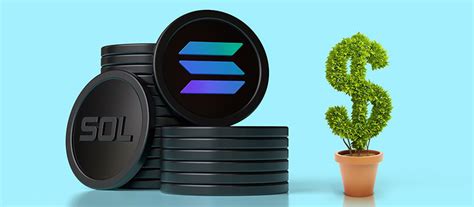Understand historical data from Streamflow Listener for Solana
If you set up a listener to pursue changes in the streamflow in the Solana blockchain, you will receive the historical date as part of the decoded event. In this article, we will broke up what every field in the “Decodedata” object is, break down and insight into the question of why you may receive historical data.
Magic number (magic)
The first field for decoding is the magical number, which is a clear identifier for the Solana blockchain. It is shown by 0x .... This magical number serves as a sign of identity and helps to ensure that only authorized parties can create new accounts.
version (version)

The next field is the version of the Solana blockchain. It is shown by
Createdat
The “created” field contains the timeline when the event has been emitted. It is represented by a series of time stamps in seconds since the era. This value seems to be “0x” in its decoded data, which indicates that it is a time stamp in the Unix style. In this way, you can track when certain events occurred on the blockchain.
Other fields (unpacked)
The decoded data are an object with several fields:
Streamflow: contains the streamflow-related informationEvents": A number of event objects in which each event has the following properties: +Type: represents the type of event (e.g." OnprogrammcountCount ")))
+Name`: indicates the event name
+Args: A list of arguments for the event
While these fields contain valuable information about the events you are watching, you may not be relevant for your special application. Historical data from "Streamflow" listener including time stamps, event types and sometimes additional metadata.
** Why receive historical data?
Historical data is probably generated by a service or application based on Solana, which creates and output streamflow events at regular intervals. If you listen to these events with an on-programcountCount listener, you can record and analyze the data in real time.
Some possibly reasons for the reception of historical data from your on -programcountCount change listener, including:
In order to better understand which events are and when, I recommend checking your on -programcountcount cup -listener configuration and the decoded data you have received. In addition, you can examine additional documentation for Solana-based services in order to achieve a deeper understanding of your use and requirements.
Sample code -nippet
Here is a sample code that shows how to create a listener who decodes the historical streamflow data from your on -programcountal event:
JavaScript
Import {event lister} from '@solana/web3.js';
Import {streamfloweventecodeddate} from './streamflow-event-decoded date;
Const louser = (context) => {
Const Decodeddate = DecodeEvent (Context.event);
if (decodeddata.streamflow && decodeddata.events.length> 0) {
console.log (streamflow event type: $ {decodeddata.everves [0] .type});
console.log (streamflow event name: $ {decodeddata.events [0] .name});
// analyze the events and print out your time stamps
decodeddate.events.forach ((event) => {
Const Timestamp = Event.Createdat;
Console.log (Event Timestamp: $ {Timestamp}`);
});
}
};
lister.listen (‘streamflow’, (context, decodeddate) => {
if (decodeddate.streamflow) {
console.log (decodeddate.

